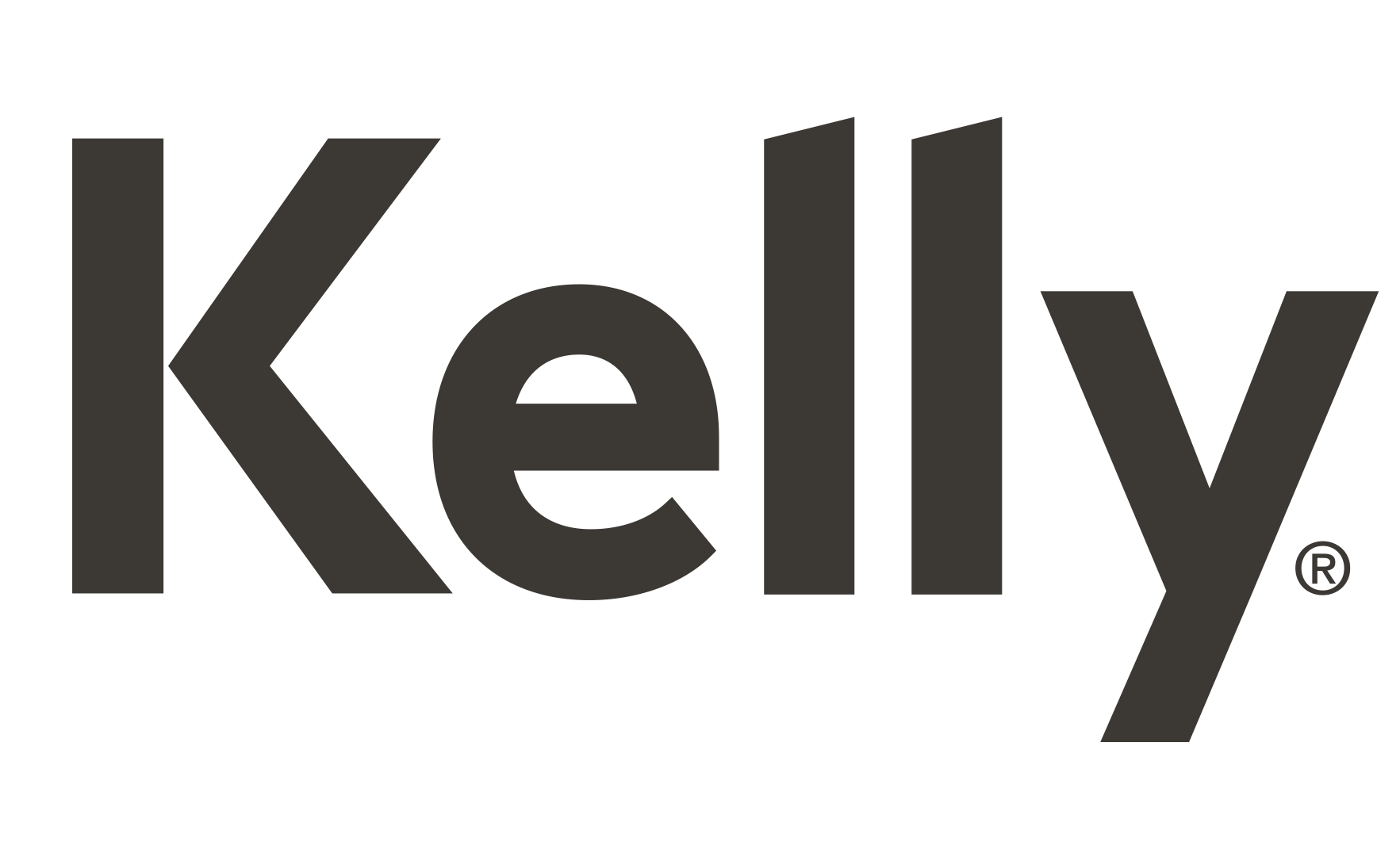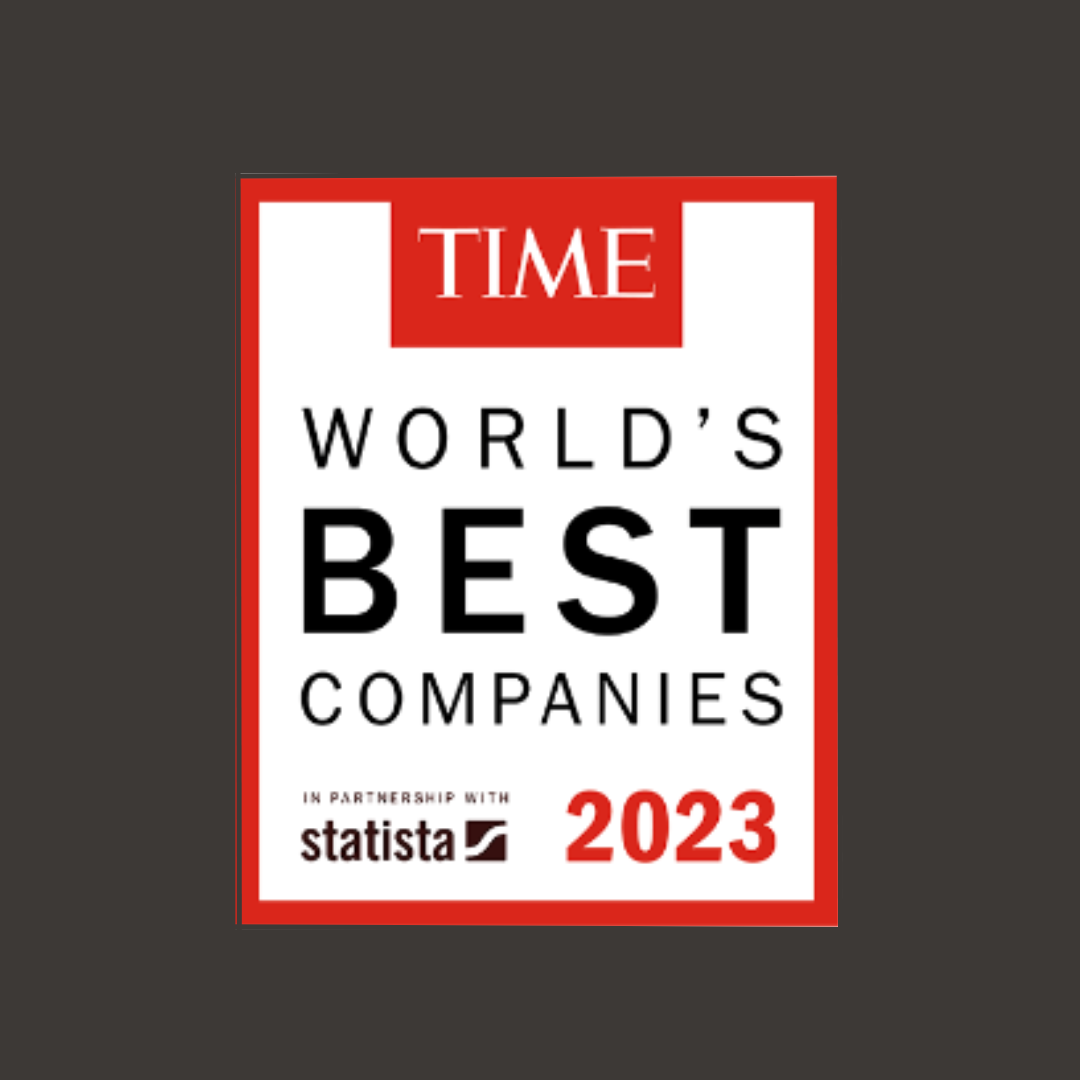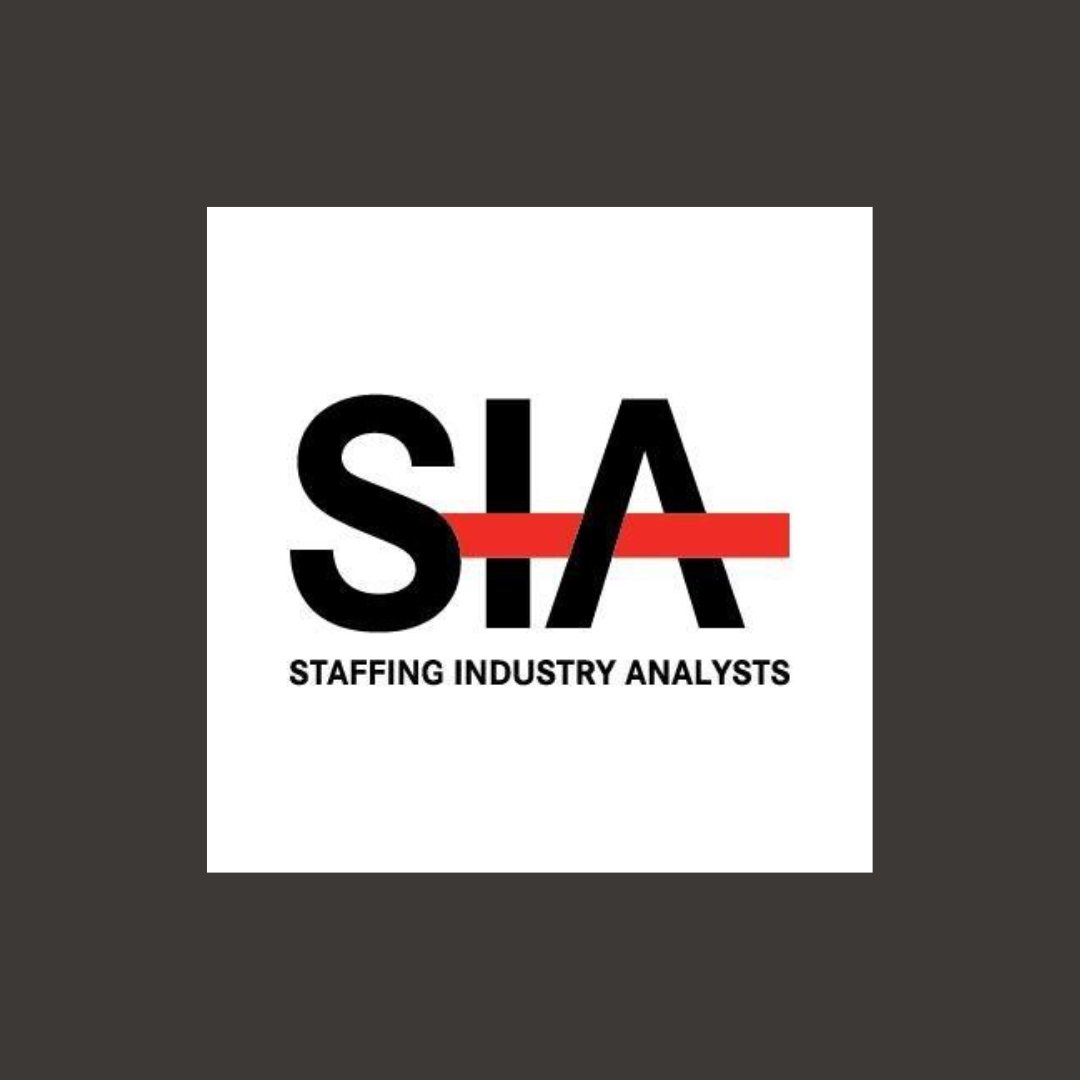
Embracing a new way of working
Jan. 24, 2020
In our last blog we summarised the current challenges and trends for recruitment in Life Sciences. A common thread throughout is disruption; of work expectations, emerging skill requirements, location of workers, processes, communications, technologies, in fact, every facet of the way the industry works is being disrupted. Throw into the mix global market variations, diverse cultures and a rigid regulatory environment and embracing a new way of working is not a quick challenge to overcome, it can be costly and is not embraced warmly by all.
However, by its very nature, the Life Sciences industry has to constantly change, to innovate, to experiment, to adapt and to research new and better ways to improve healthcare. And with precision medicine, artificial intelligence, digital technology and genomic research predicted to transform healthcare in the next decade, the industry, as a whole, needs to be ready for this transformation.
For example, there has been much editorial published over the last year or so about the need for Pharmaceutical organisations to adapt to new ways of working or face the prospect of being left behind as a sector. And while it’s an exciting time for those organisations, with cutting-edge technologies like artificial intelligence (AI) and Blockchain making headlines or transforming every step from drug discovery to clinical trials, the pace of change can be daunting but necessary. A good example here is that of Medical Affairs, which has had to broaden its remit with shifting marketplace demands and begin to transform from a supportive role into that of strategic decision maker.
So how will the future of work transform?
Based on conversations within the market and their own in-depth research, Kelly has determined that there are four dimensions organizations need to consider when contemplating the “Future of Work”, these are technology, the workforce, the workplace and social norms.
Technology
Technology has had an impact across the board, from changing the way we purchase products, communicate, travel, learn and live. The rise of technology has also given people more control of their health with devices being developed to allow them to record, monitor and understand their own specific health concerns and goals. This empowerment is dictating future innovation to a certain extent and, certainly within the Millennial generation, digital, social media and the like have ensured they expect to take ownership of their physical and mental wellbeing to a certain degree.
This ensures the sector is undergoing a digital transformation which involves utilising tools which will require new or, at the very least, different skill sets. For example, nearly half of Life Sciences professionals are using or experimenting with AI, with the goal of improving both the quality of drug development as well as the speed at which life-saving therapies are delivered to market*. This by its very nature will necessitate a different way of working as some jobs that exist today and the skills used to do them will no longer be required, while other roles are yet to be created as new tech continues to emerge.
Using artificial intelligence (AI) and machine learning techniques, its now possible to analyse data and identify patterns, but all this data from clinical and non-clinical sources will need to be protected as it is being shared across platforms and new technology like Blockchain is now making its mark within the industry. This is a prime example of where looking at new talent pools, such as from other industries, could secure the transferable skills needed within Life Sciences – opening up the market to welcome those with considerable experience but from other sectors is a really viable option.
The Workplace
If environments or company cultures don’t meet requirements, the talent with the skills needed will quickly move on to other opportunities with organisations that do. Prioritizing location and space with the ability to improve the well-being of employees will become standard in order to attract the emerging skills and experience needed as the industry continues to transform.
The workplace as we know it must change and, for those who wish to remain competitive when hiring, this isn’t a choice, it’s a necessity. The environment in which staff work will need to become highly fluid, adaptable and trusting – with remote working fully embraced, rather than tolerated as a token gesture to flexibility. So, no more 9 to 5, no need for every meeting to be face to face and an end to the assumption that ‘working from home’ equates to less productivity.
When those individuals are required to be ‘onsite’ there should be flexibility on the hours they need to be there. Again, this way of working is designed to elicit collaboration, innovation and an environment where people can be fully motivated without the need to be at the mercy of the clock. This is a new approach for many, unheard of for some and already in place for the rest within the industry.
What the future of work does offer is in fact the opportunity to leverage the necessary expertise irrespective of their geographic location, or even time zone, if their skills are that in demand.
The Workforce
With more than 50% of the Life Science workforce over the age of 45 and fewer candidates than ever choosing to study STEM disciplines*, the competition for talent continues to be fierce. So, it is imperative for organisations to remain competitive that they open up to less traditional ways of hiring the talent that is available. Other options to consider include utilising the Gig economy, which can drive cost savings as, without the restraints and bureaucracy of traditional employment, organizations become innovative, which appeals to the very type of person who chooses to work in a freelance capacity.
It’s important to recognise that those who do embrace this way of working do so by choice not necessity. Kelly findings show that: “Demographic and psychographic shifts and rapid technological advancement are driving a re-imagined relationship between work and the rest of life. Three-quarters of global free agents choose free agency for positive reasons, with personal empowerment and career opportunities topping the list*. Fact: these individuals are not in any way a ‘second-best’ option when recruiting as the vast majority of gig workers are highly skilled and educated, value their career development and are incredibly committed to their work and their earning power.
Social Norms
The fourth dimension mentioned in our study is that of ‘Social Norms’ and this covers many elements already summaries by all of the other three. The key is to recognise that, as the world of work changes, the employer-employee relationship is changing with it. A job is not for life – in fact many people are having multiple careers not just jobs during their working lives. This means that long-term commitments to organisations are no longer the norm as the best talent will increasingly seek greater control and ownership over how they integrate work with their personal lives and interests. Instead of the being the holy grail for many working individuals, the previously unattainable ‘work/life balance’ will become the norm – in all its myriad of guises. This shift in the way that the world wants to work means that careers will increasingly be built on flexibility.
In summary, never has there been so much change and this will continue to gather pace. It will take a change in mindset, a change in culture but most importantly, a willingness to change to ensure Life Sciences can embrace the new way of working. In the words of Charles Darwin: “It is not the strongest of the species that survives, nor the most intelligent that survives. It is the one that is the most adaptable to change."
* Article in PharmaVOICE - June 2018 - Transforming the Life-Science and Healthcare Workforce. Contributed by: Kevin D. Duffy, Global VP, Life Science & Healthcare, KellyOCG









